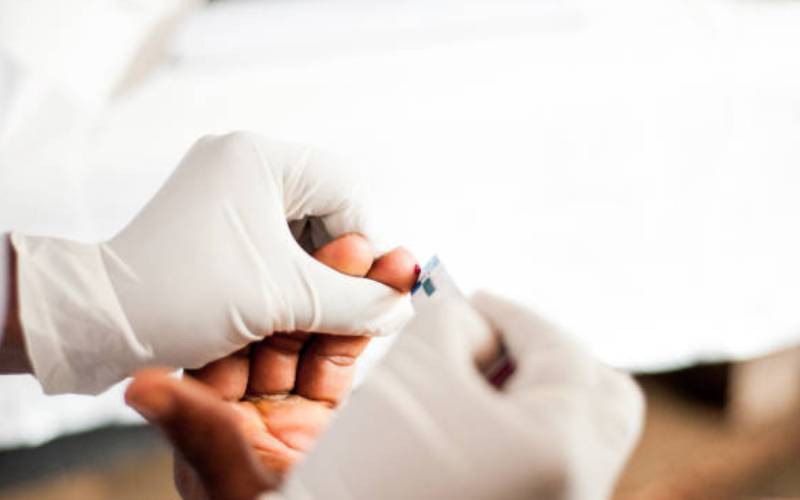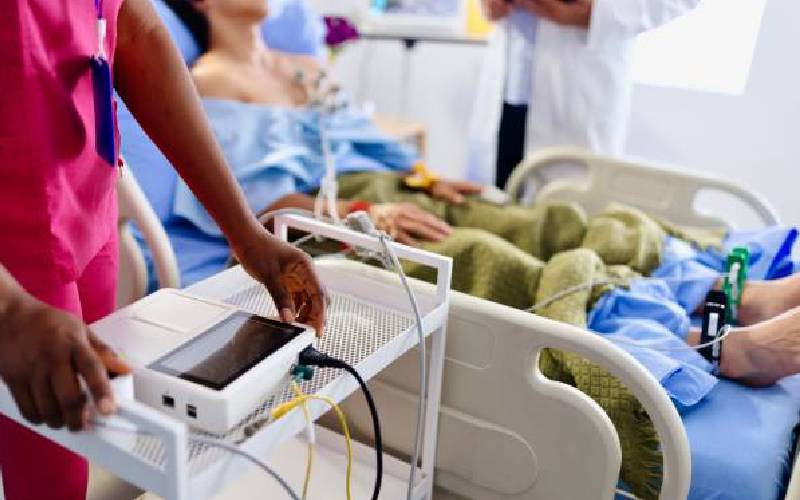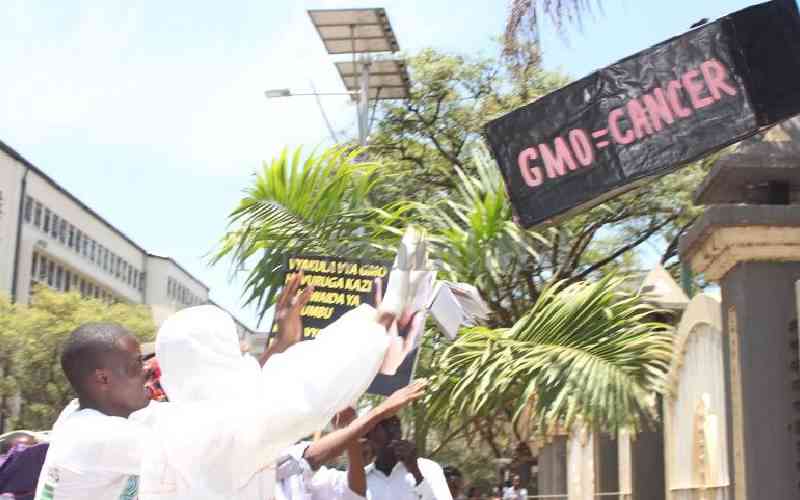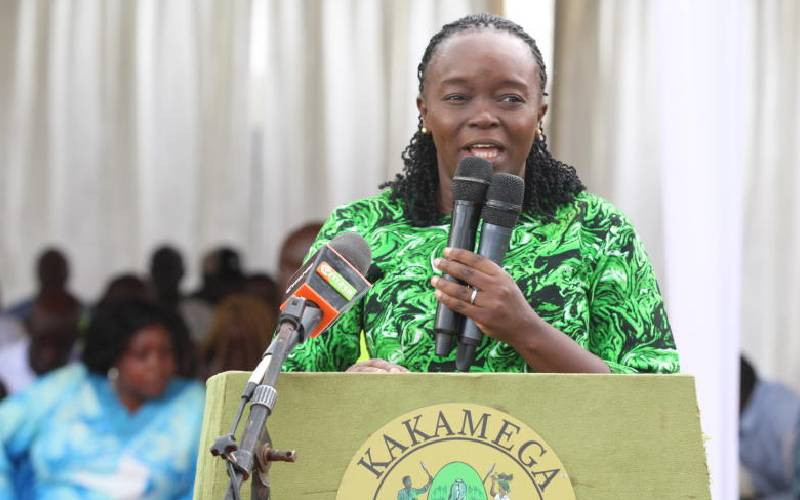
East African leaders have been urged to reaffirm their dedication towards ensuring the health and safety of their populations.
This call to action comes amidst a collective effort by African nations to bolster pandemic preparedness and address persistent health challenges such as cholera and malaria.
“Let us reaffirm our commitment to these priorities, ensuring that our endeavours align seamlessly with the border continental vision. You will recall that our country's collectives signed the Lusaka Call to Action, which emphasised the need for robust public health emergency operating centres. We need to make true our commitment to this call to safeguard our region and the continent,” said Kenya’s Health Cabinet Secretary, Susan Nakhumicha.
Through enhanced regional cooperation, self-sufficiency, and innovative approaches, African leaders aim to boost their ability to respond to health crises effectively.
At a recent ministerial meeting organized by the Africa Centers for Disease Control and Prevention (Africa CDC) in Nairobi, health ministers and experts from across East Africa outlined ambitious plans to address the vulnerabilities laid bare by the COVID-19 pandemic and ongoing health threats.
This includes a commitment to strategic priorities set forth by the Africa CDC for the years 2023-2027, by aligning efforts with the broader continental vision.
Malaria continues to take a heavy toll across Africa. But the lack of manufacturing capabilities and facilities dedicated to producing mosquito nets – a critical preventative measure against the disease's unrelenting spread on the continent - remains an impediment to reversing the effects of the disease.
“How can we explain for a fact that no African country is currently manufacturing mosquito nets, despite our continent largely being affected by Malaria, and using more than 90 per cent of mosquito nets produced in the world?”, posed Dr Jean Kaseya, the Director General of Africa CDC, adding, “This is not acceptable and we must do something about it,”
- Nakhumicha calls for review of doctors CBA as strike bites
- Health unions issue seven day strike notice
- Why that negative HIV test result could actually be positive
- MPs want Nakhumicha sacked over Linda Mama programme
Keep Reading
Somalia’s Health Minister, Ali Haji Adam Abubakar, emphasized the importance of collective action in enhancing health security and emergency preparedness, stressing that epidemics and communicable diseases do not respect borders.
“We are trying to strengthen our collaboration and cooperation to reduce the infectious diseases and communicable diseases in the region,” he stressed.
The establishment of new regional bodies, such as the Eastern Africa Coordinating Centre in Nairobi, with support from the Kenyan government, highlights the commitment to fostering cross-border collaboration.
“I am happy to announce that the Kenyan government has approved the allocation of 10 acres of prime land and 2 million U.S. Dollars towards the construction of the East Africa Regional Coordinating Centre,” affirmed health CS Nakhumicha.
“In addition, we have set up a steering committee comprised of top government officials from the relevant agencies to first track the legal and technical aspects of this project,” added.
The facility aims to enhance disease surveillance, outbreak response, and health workforce training across 14 member states.
While progress has been made, officials recognised the need for increased domestic investment in healthcare.
Africa currently imports over 99% of vaccines and 90% of medicines from abroad. The over-reliance on imported medicine and other consumables is now being seen as a security threat to the continent.
The Africa CDC's "New Public Health Order" vision emphasises the development of strong national health institutions, expansion of the healthcare workforce, and increased domestic health financing.
At the African Union (AU) Heads of State and Government Summit convened in Addis Ababa, Ethiopia, in February, Kenyan President William Ruto was appointed AU Champion for Local Manufacturing of Pharmaceutical Products.
Justin Maeda, Africa CDC's Regional Coordinator, underscored the economic toll of inadequate health investments, highlighting the staggering cost of preventable diseases to the continent's economy.
 The Standard Group Plc is a multi-media organization with investments in media platforms spanning newspaper print
operations, television, radio broadcasting, digital and online services. The Standard Group is recognized as a
leading multi-media house in Kenya with a key influence in matters of national and international interest.
The Standard Group Plc is a multi-media organization with investments in media platforms spanning newspaper print
operations, television, radio broadcasting, digital and online services. The Standard Group is recognized as a
leading multi-media house in Kenya with a key influence in matters of national and international interest.











